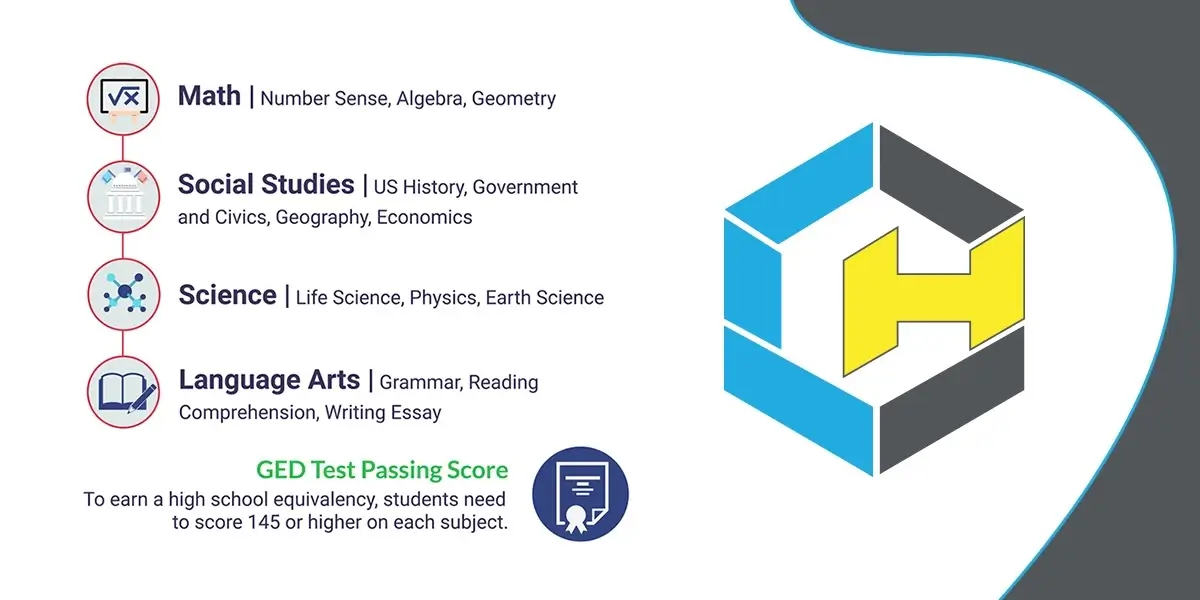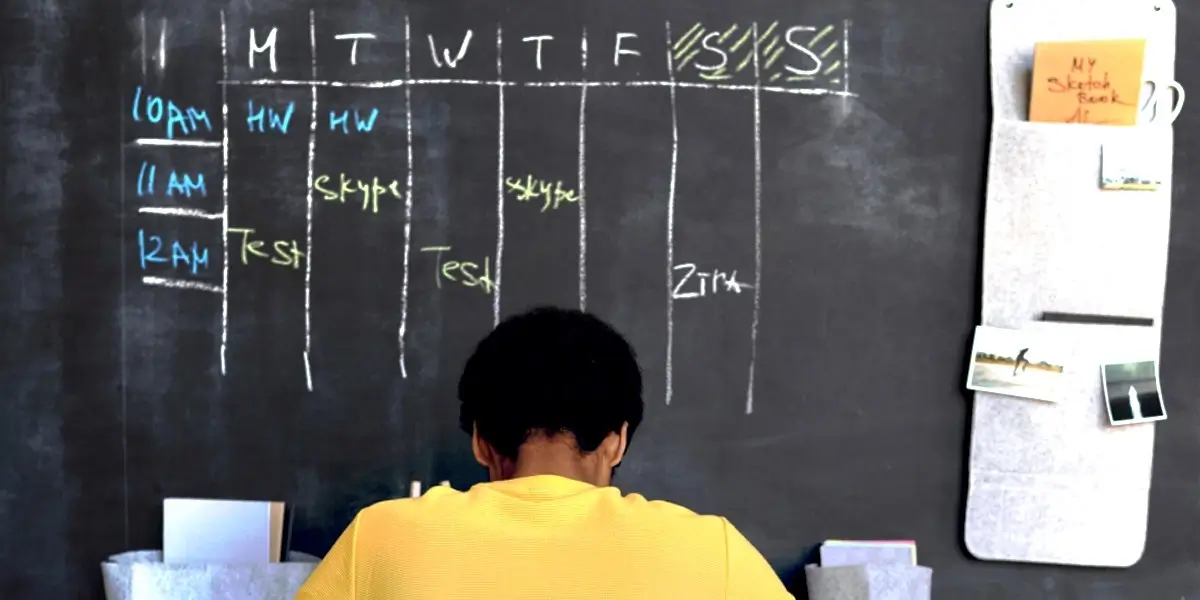



How Long Does It Take to Get a GED? Getting your General Educational Development (GED) certification can be a major step toward new opportunities. Whether it s a better job, higher education, or simply a sense of personal accomplishment, earning your GED is a significant achievement. But one question many aspiring candidates have is how long does it take to get a GED.
The answer depends on several factors, including your current educational level, study habits, and the time you can dedicate to preparation. Typically, the time to complete your GED process ranges from a few weeks to a few months.
For those who have a strong foundation in basic subjects like math, science, and language arts, it may only take a few weeks of study to get ready for the exam. On the other hand, if you are starting from a less confident academic base or need to balance studies with a busy schedule, it might take longer. Many people take around 3 to 6 months to study and feel confident enough to pass all the tests.
Another key part of understanding the time commitment involves knowing how long is the GED test. The GED test is split into four subject areas:
(about 115 minutes)
(about 150 minutes, including a 10-minute break)
(about 90 minutes)
(about 70 minutes)
In total, how long is the GED? The entire GED exam takes roughly 7.5 hours to complete. However, you don t need to take all the tests on the same day. You can schedule each subject individually, making the process more manageable for those with time constraints.
Several factors impact how long it takes to get your GED, including:
If you ve been out of school for a while, you may need more time to get comfortable with academic subjects again.
How much time can you dedicate each day or week to studying? The more consistent you are, the quicker youll be ready.
Utilizing GED prep classes, online study resources, and practice tests can accelerate your learning process.
The availability of testing dates in your area can also play a role in how quickly you get through each exam section.
The time it takes to prepare for the GED can vary greatly depending on your personal situation. Let’s break it down further:
If you can only study for an hour or two per week, it could take you up to 8-12 months to prepare adequately. With a slower pace, you will need more time to understand and retain the material. This approach is suitable for those with full-time jobs or other major responsibilities that prevent them from dedicating a lot of time to studying.
If you can set aside 10-15 hours per week, you could be ready in 3-4 months. This kind of dedicated approach allows you to cover more material quickly and stay fresh on all subjects.
Some individuals prefer an intensive study schedule, where they dedicate several hours each day. In such cases, it’s possible to prepare for the GED in as little as 1-2 months. This approach works best for those who have strong foundational skills and can focus on studying full-time.

Each subject area of the GED test online or in person requires different preparation techniques and times:
For many test-takers, math is one of the most challenging subjects. If math is not your strong suit, you might need to spend 6-8 weeks focusing specifically on this area. Using online resources, practice questions, and even a tutor can make a significant difference.
This part checks your language, reading comprehension, and writing skills. If you are comfortable with reading and writing, you may need only 3-4 weeks to prepare. However, if you struggle with writing essays, consider spending more time practicing.
The science section requires an understanding of basic scientific principles, data interpretation, and analytical skills. Many students can prepare for this section in 4-6 weeks, especially if they use online practice tests to get familiar with the question formats.
This section involves understanding historical events, civics, and geography.It generally takes 3-5 weeks to prepare, depending on your background knowledge.
Taking practice tests is one of the most effective ways to shorten your GED preparation time. Practice tests help you:
Find out which subjects need more focus.
Familiarize yourself with the question format and reduce test anxiety.
Measure your improvements over time and adjust your study plan accordingly. Practice tests can also help you determine when you are ready to take the actual exam. Many students find that taking a practice test once a week helps them stay on track and feel more prepared.
If youre looking for additional support, GED prep classes are available both online and in person. These classes can be especially helpful if you struggle with self-study or need a structured learning environment. Classes typically run for 6-12 weeks, depending on how intensive they are.
There are also many online resources available, such as video lessons, practice questions, and study guides. Websites like GED.com and OnlineCertificationHelp.com provide valuable materials that can help you prepare efficiently. Using these resources can make a big difference in how quickly you feel ready to take the test.

A well-organized study plan is crucial for staying on track and minimizing the time needed to get your GED. Here’s how to create an effective study plan:
Decide when you want to take the test. This will give you a goal to work toward and help you create a study timeline.
Allocate specific days to focus on each subject area. For example, dedicate Mondays and Wednesdays to math, Tuesdays and Thursdays to language arts, and weekends to science and social studies.
Each time you study, set small goals that you can reach. This could mean doing a lot of practice questions or reviewing a subject in great detail.
Check in on your work often and change your study plan as needed. Invest more time in a subject that youre having trouble with if you notice that.
Staying motivated is key to reducing the time it takes to get your GED. Here are some tips to keep you going:
Studying with others can provide motivation and accountability. If you know someone else who is also preparing for the GED, consider studying together.
Set rewards for achieving milestones. For example, treat yourself to something special after completing a subject or passing a practice test.
Keep your end goal in mind. Whether it’s getting a better job, going to college, or simply proving to yourself that you can do it, visualizing success can keep you focused and motivated.